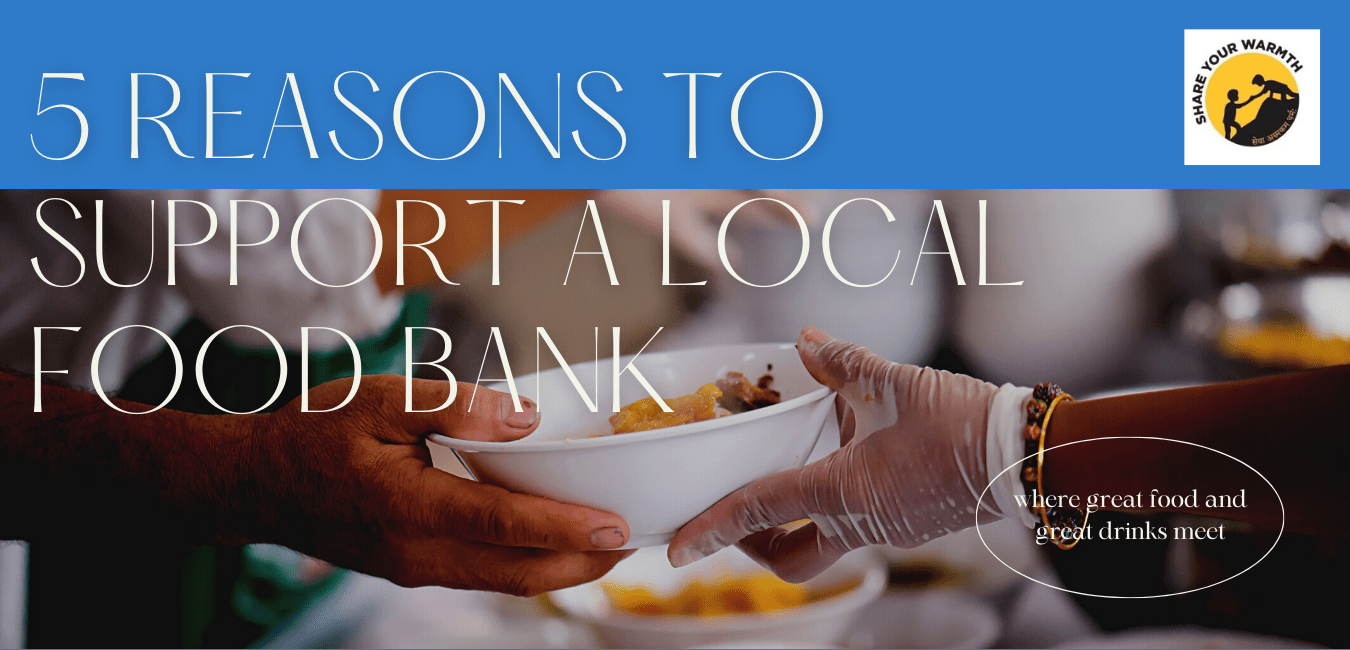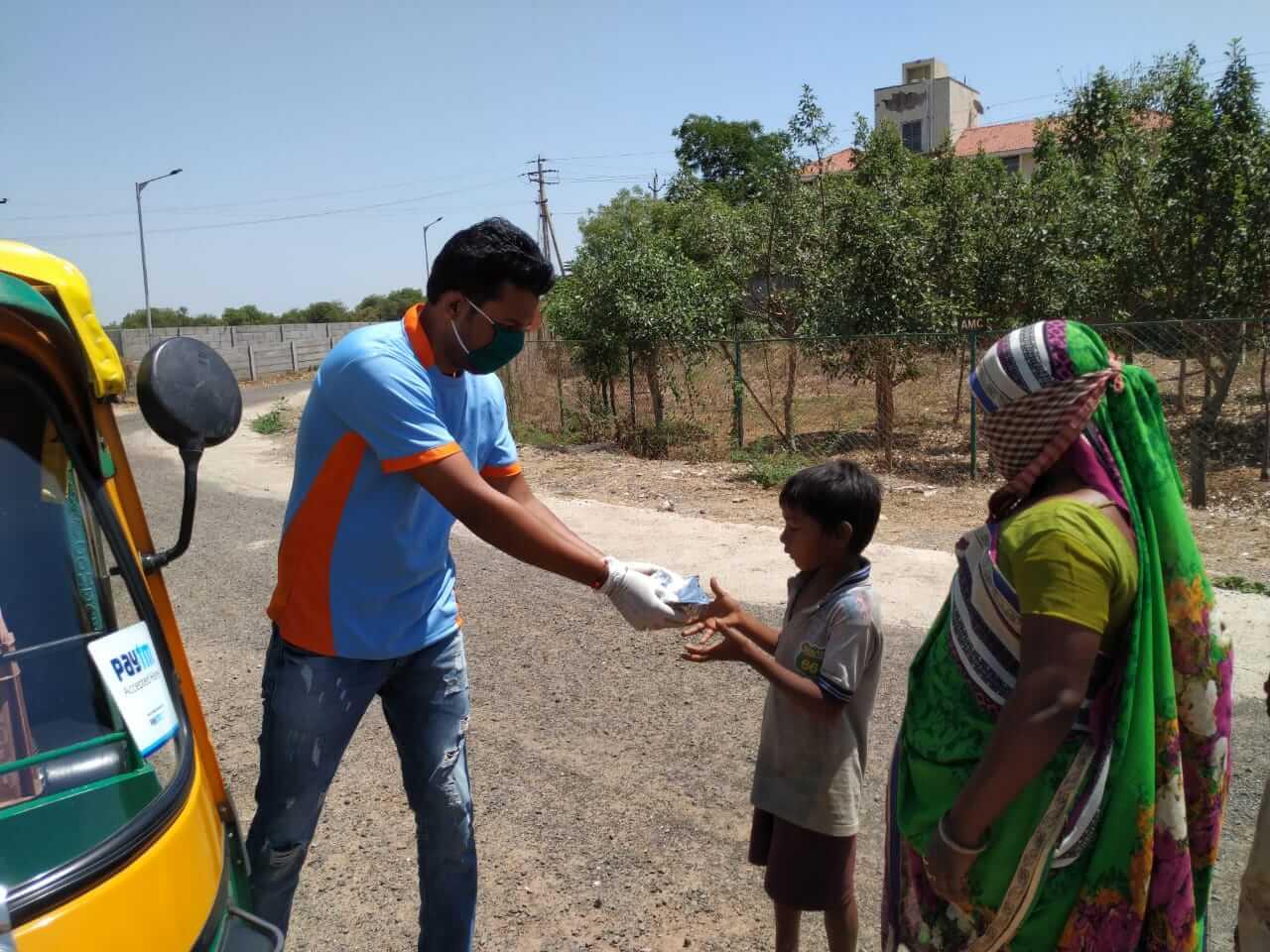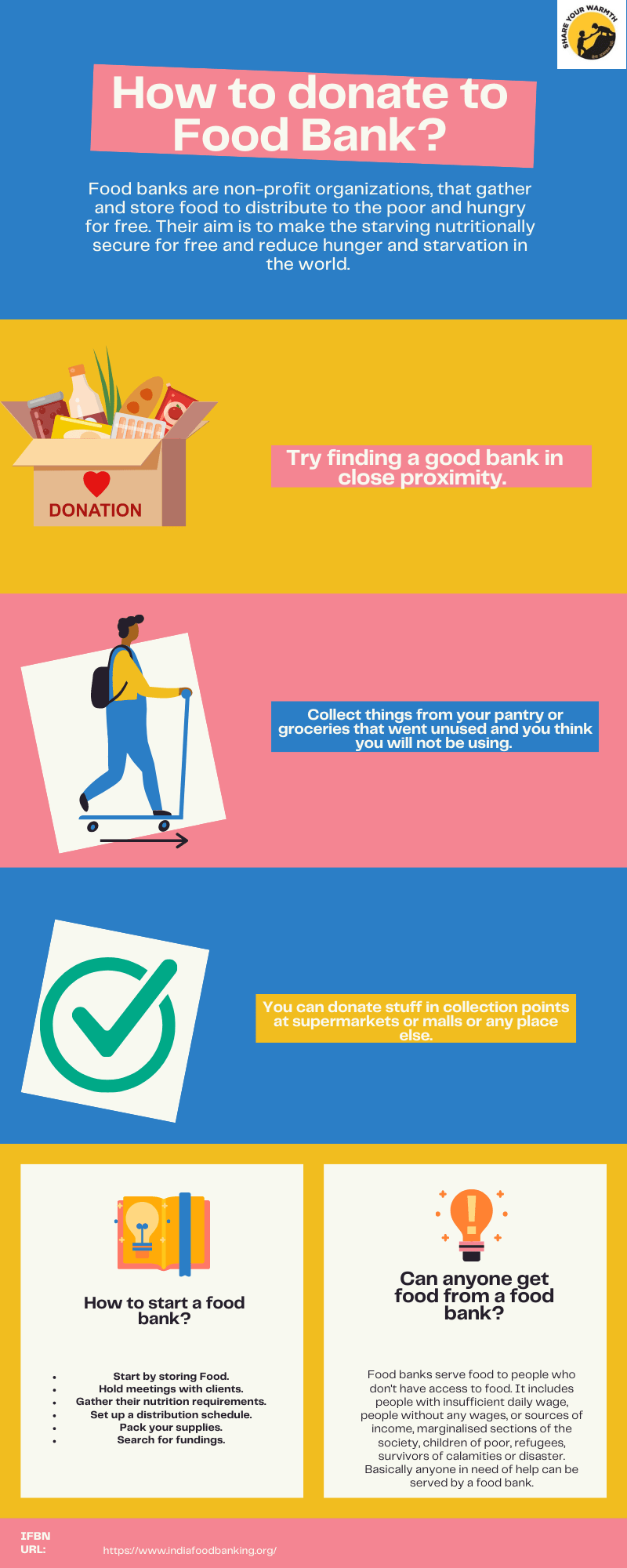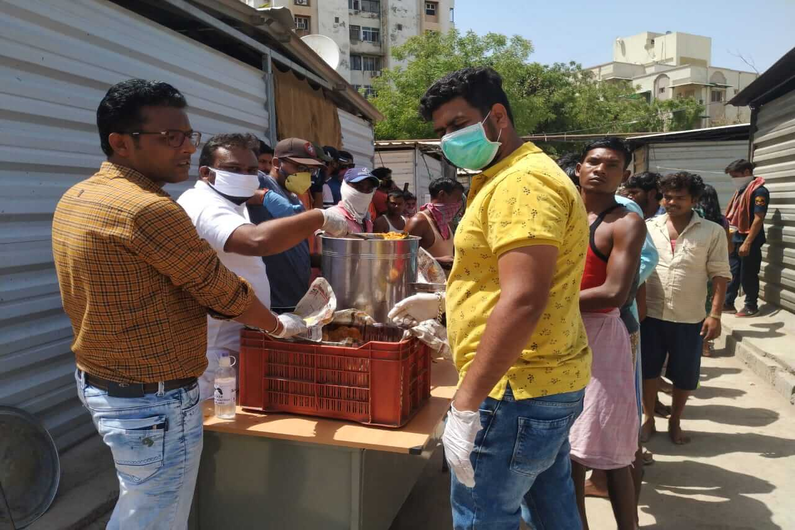
What are Food Banks?
Food banks are Non-profit Organizations (NGOs), that gather and store food to distribute to the poor and hungry for free. Their aim is to make the starving nutritionally secure for free and reduce hunger and starvation in the world.
Food banks operate on 2 methods. Some follow the “front line” model, distributing food directly to the needy themselves. Whereas some follow the “warehouse” model, distributing food supplies to intermediaries like soup kitchens, NGOs, food pantries, etc.
St. Mary’s food bank was the world’s first food bank, established in 1967 in the USA. Since then thousands of other food banks have opened all over the world in an attempt to curb world starvation.
Food banks and NGOs
Indian Food Banking Network recognizes that Civil Society Organizations play a critical role in the fight against hunger; given their expertise, their proximity to, and representation of, the hungry and the underprivileged. IFBN extends cooperation to NGOs in advocating and addressing the issue of hunger. NGOs can contact the local FoodBanks and work in collaboration with them to better serve their beneficiaries.
- NGOs can source good quality, free-of-cost non-perishable food (including grains like rice, pulses, wheat flour, semolina, biscuits, etc) for distribution from the FoodBanks.
- The funds of the NGOs can be put to other use, for procurement of necessary fresh produce to include in the meals they provide, or to provide other services.
What Food Banks need the most?
There’s a lot of good options to choose from when you donate to a food bank. Any sorts of food items are welcome. But keep in mind that you can’t just donate about anything. What food banks need the most are healthy foods. Some examples are wholesome cereals, spices, and condiments, lean protein like canned fish, organic poultry, skimmed milk, and low-fat dairy items, fresh fruits and veggies, nuts and seeds, cold-pressed oils, etc.
It should also be known that food banks also need essential items other than food like toiletries. Have a close look at a food bank parcel to understand what they would make good use of.
Reasons to donate to a food bank

1)The need is everywhere:
Hunger has no borders. Starvation is a problem both for high-income countries and low-income countries. Around the world, more than 800 million people are starving. Food banks feed the hungry everywhere. They help in curbing the problem wherever they are.
2)Food banks bear the brunt of the heavy work:
Food banks serve as a link between food supply chains and the beneficiaries. Our duty is to simply donate, while their job is to process the food and distribute it to its beneficiaries via its long network. They step deep into the logistical side of the work. Donating food helps food banks cut the cost of buying food from supply chains.
3)Food banks reduce waste:
The world grows enough food to feed its people. Unfortunately, more than one-third of the total produced food goes waste or unused. Donating unwanted or unused food items can help reduce the wastage of food in the world. It makes sure food is being supplied evenly to people who need it without putting any extra load on agriculture.
4)Donating to food banks helps NGOs:
Making donations in a food bank helps NGOs to procure food easily and economically. Every donation helps 7 NGOs. Every penny donated, helps an NGO serve 1.5 pounds of food to people who need it.
5)Nature of your donations matter:
Food donations are not donating just anything you feel like giving. Only foods that are healthy and nutritious should be given. Food banks help the poor have access to proper meals so that their bodies function effectively and they do not become prone to diseases or malnutrition. That is why foods like fresh fruits, vegetables, lean proteins, and dairy are of utmost importance.
How to donate to a Food Bank?
Food banks work on our support. Anyone can make donations to a food bank.
The following points may help in donating:
1) Try finding a good bank in close proximity.
2)Collect things from your pantry or groceries that went unused and you think you will not be using.
3)Check whether the items are still in a decent state to use.
4)Check for any hazardous elements in essential toiletries and eliminate them.
5)You can donate stuff in collection points at supermarkets or malls or any place else.
You can also organize a collection at your school, university, or place of worship for your local food bank.

Can anyone get food from a food bank?
Food banks serve food to people who don’t have access to food. It includes people with insufficient daily wages, people without any wages, or sources of income, marginalized sections of the society, children of the poor, refugees, survivors of calamities or disasters. Basically, anyone in need of help can be served by a food bank.
However, they don’t themselves serve food to the beneficiaries. They have a long network of distribution channels that distribute the food to people in need.
How to start a food bank?
- Start by storing food:
Store food in your pantry, basement, or garage. Ask any places of worship, schools, or government institutions for any food donations.
- Hold meetings with prospective clients:
Clients are people who would want to avail of your services. Meet with them and let them know about your program.
- Gather the nutrition requirement of your clients:
Know what your clients need in their diets and try to donate accordingly.
- Set up a distribution schedule:
Some banks contribute once or twice a month whereas some contribute nearly every day. Figure out what works best for your organization.
- Package your supplies:
Start preparing your packages to be delivered. Make sure your supplies are properly packaged so there are no leakages or damages.
- Search for funding:
Funding will help you make up for the logistical expenditure. It will help you market your organization and expand your network.

